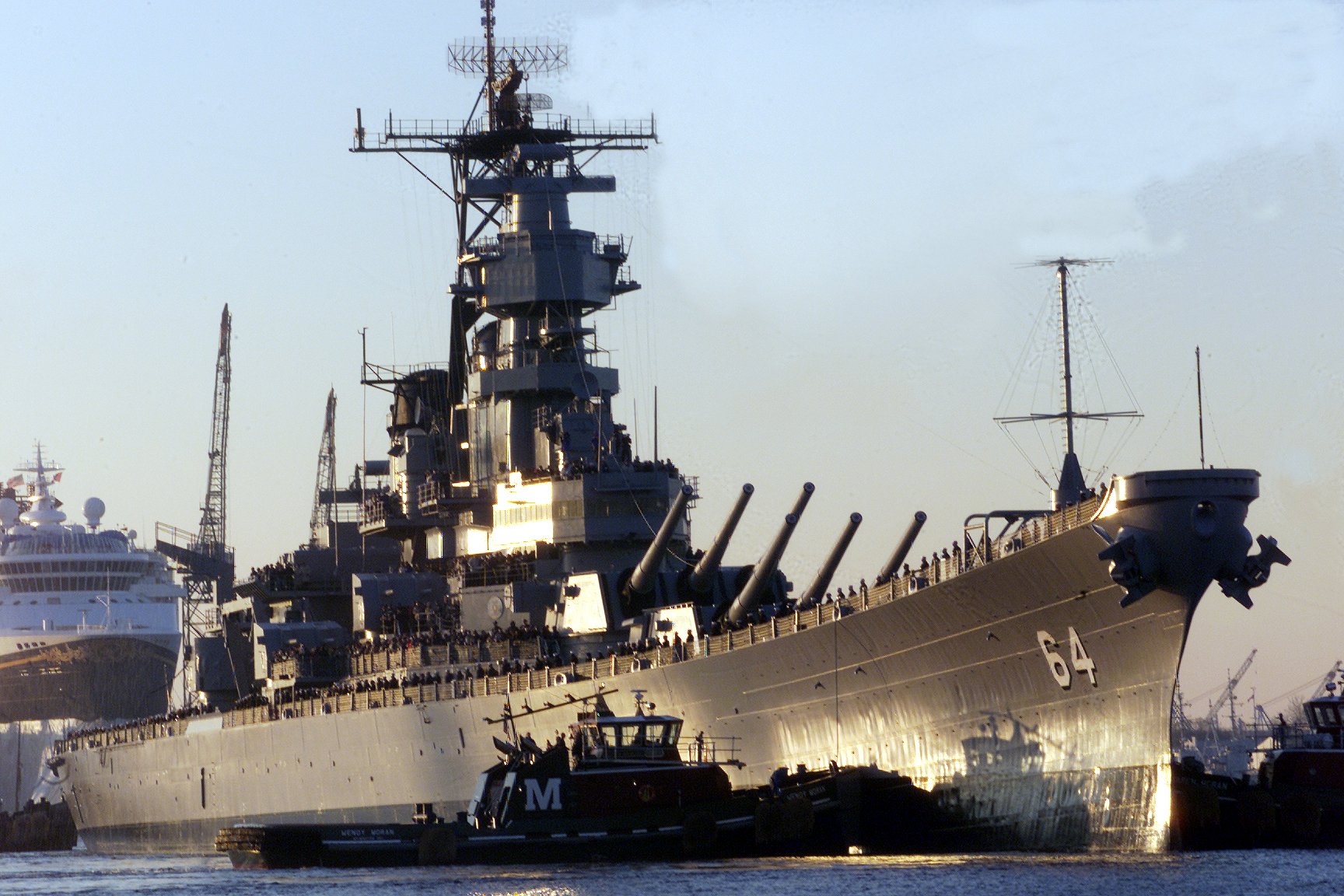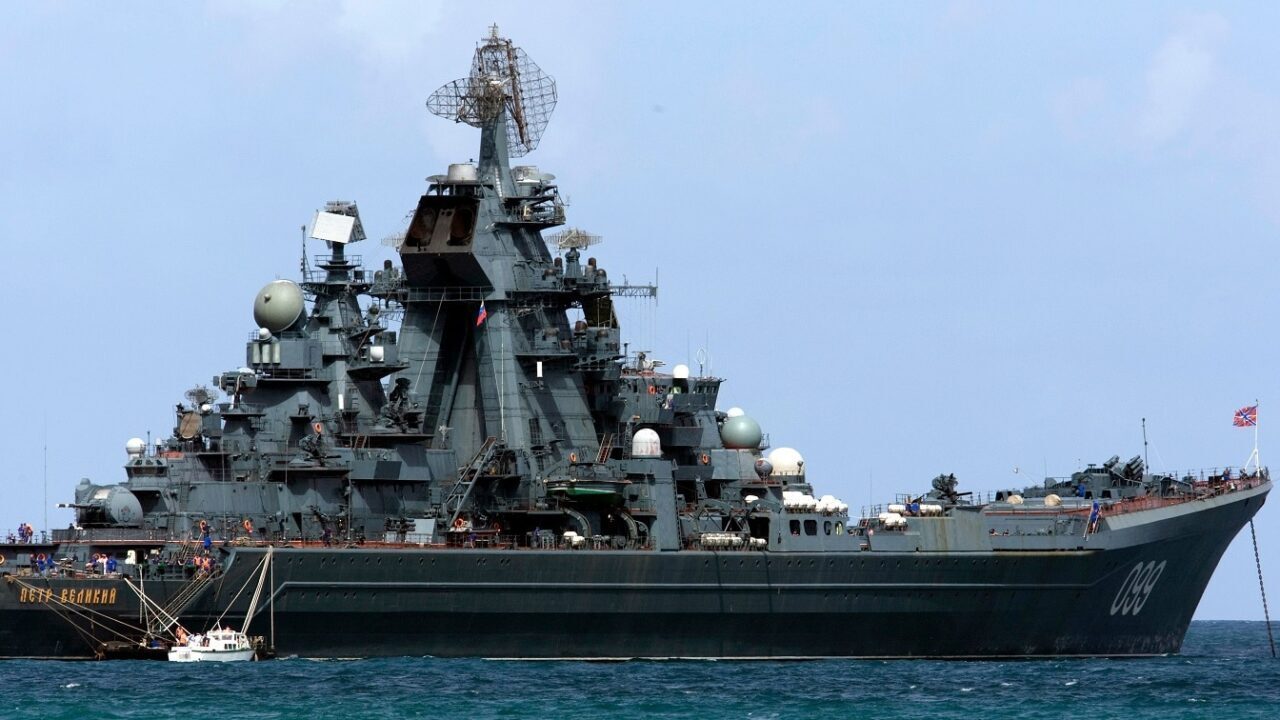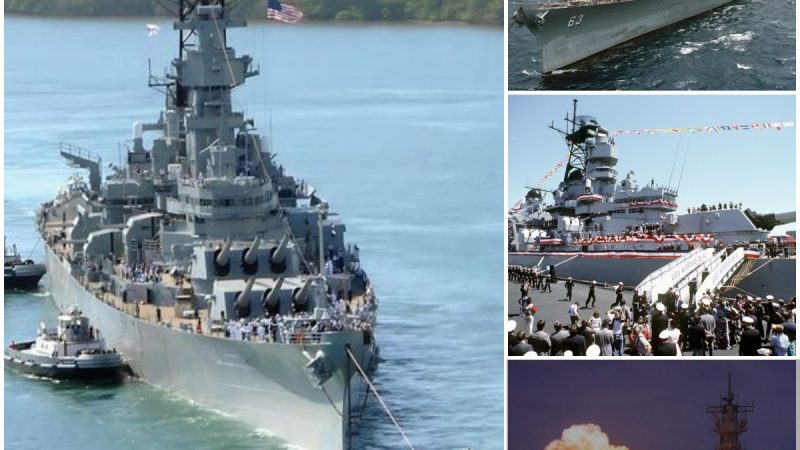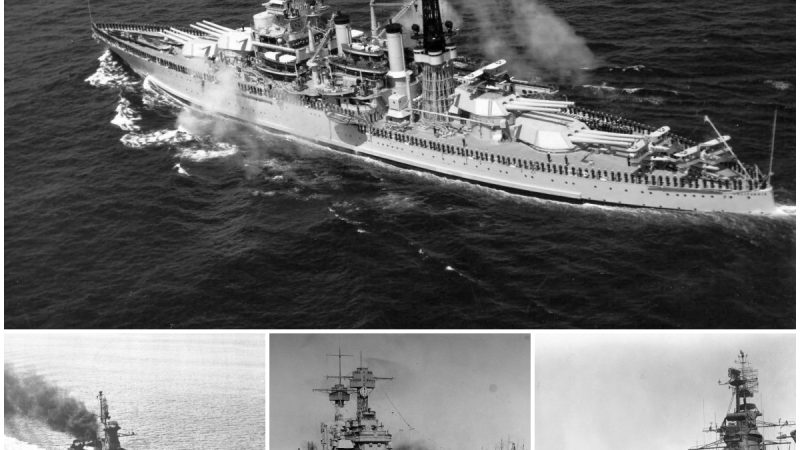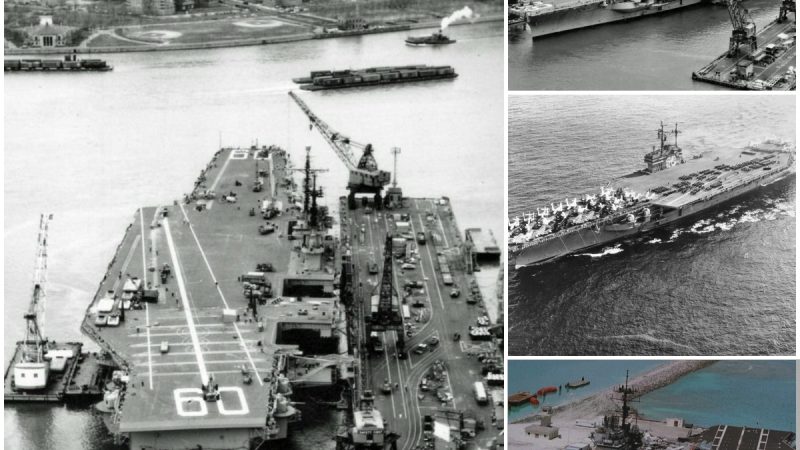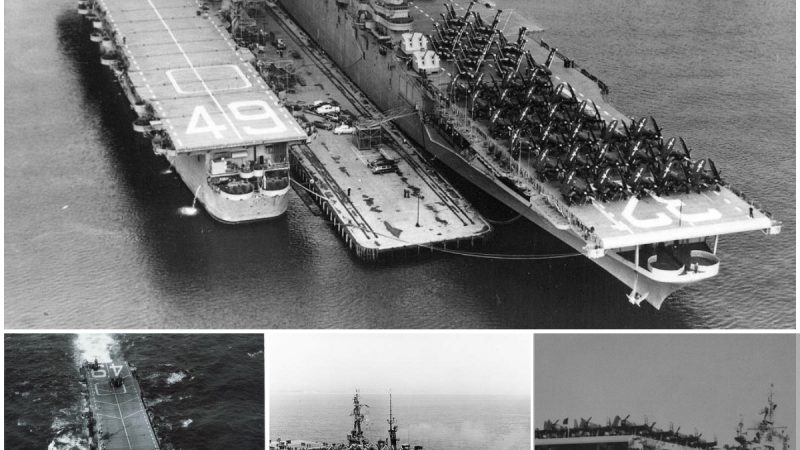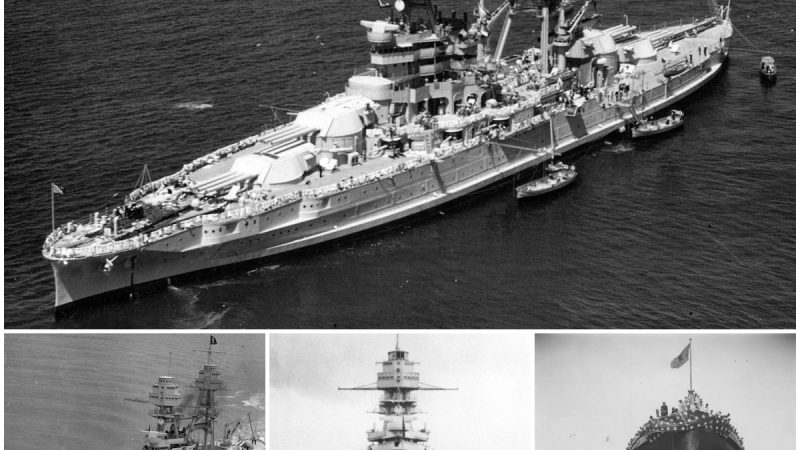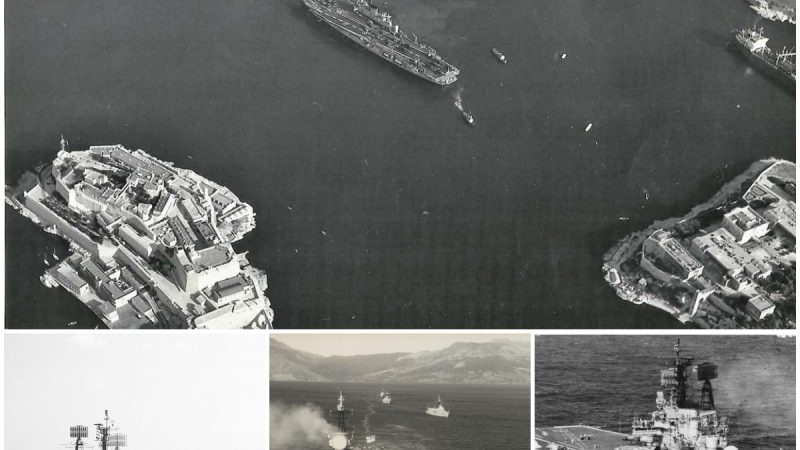Explore the World’s Most Dominant Battlecruiser
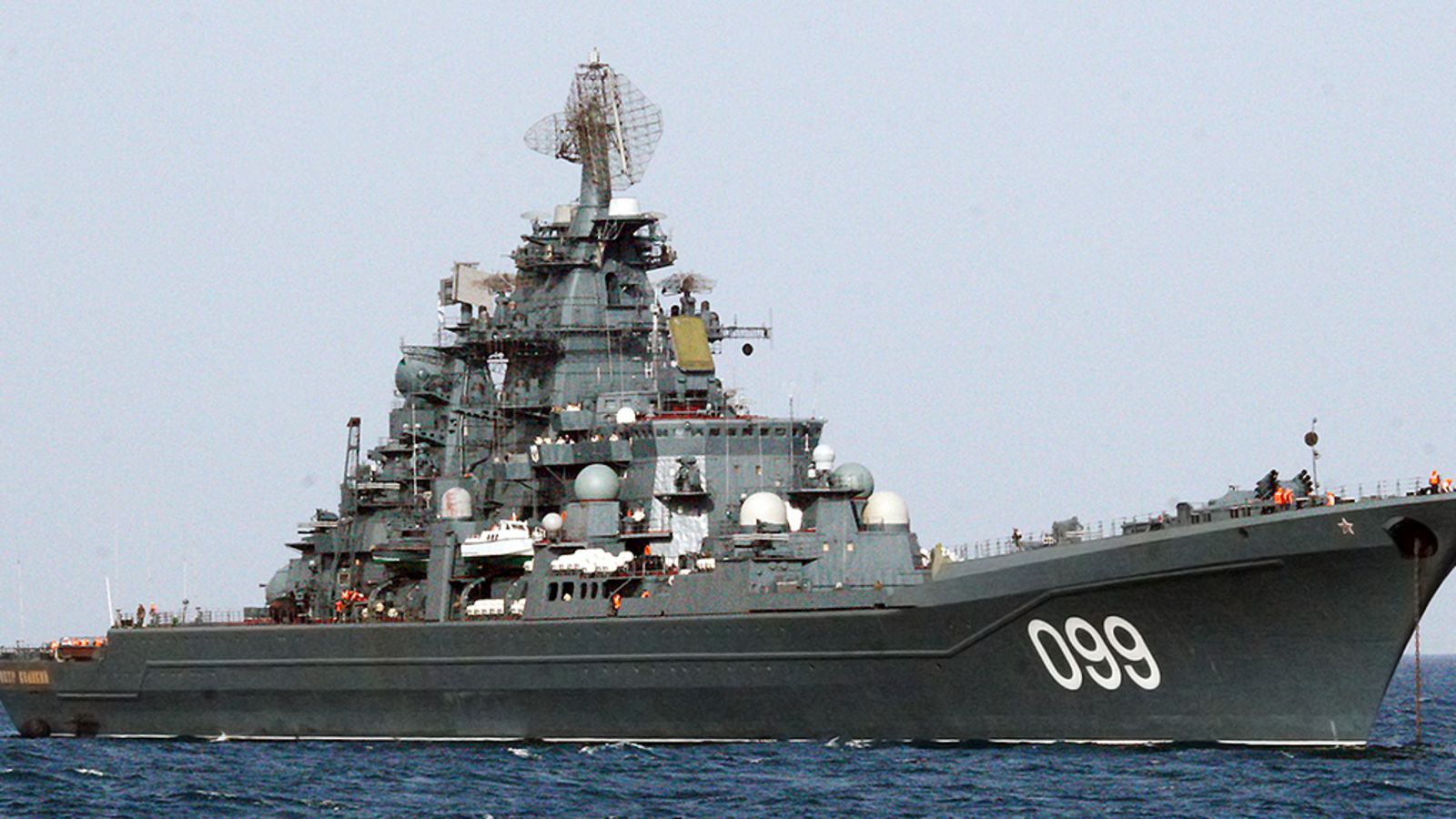
Russian Battlecruiser Pyotr Velikiy: A Formidable Naval Power
The Russian battlecruiser Pyotr Velikiy, the fourth of its kind in the Kirov-class, stands as a symbol of naval prowess within the Russian Navy. Initially christened Yuri Andropov in honor of the former General Secretary of the Communist Party, this imposing vessel underwent a name change following the dissolution of the Soviet Union. Within the Russian Navy, it is officially designated as a “heavy missile cruiser,” yet in Western defense circles, it is often referred to as a “battlecruiser,” underscoring its position as one of the world’s largest surface combatant warships. Pyotr Velikiy currently serves as the flagship of the Northern Fleet.
Construction of this mighty vessel faced significant challenges, chiefly stemming from economic hardships before and after the Soviet Union’s collapse. As a result, the ship was not commissioned until 1998, a full twelve years after the commencement of its construction. During this time, it underwent a name change, now proudly bearing the Russian name for Peter the Great, Pyotr Velikiy. Throughout its service, Pyotr Velikiy has carried two pennant numbers, “183” and currently “099.”
After successfully completing its acceptance trials in November 1996, Pyotr Velikiy joined the ranks of the Northern Fleet stationed at Severomorsk, assuming the prestigious role of flagship for the fleet.
One notable episode in Pyotr Velikiy’s history occurred in August 2000 when it participated in the Barents Sea, marking the largest naval training exercise since the fall of the Soviet Union. During this exercise, the vessel was slated to be the designated target for the Oscar-II class submarine K-141 Kursk. Tragically, during the exercise, communication with Kursk was lost, and the submarine suffered a catastrophic torpedo detonation, resulting in the loss of all hands. Pyotr Velikiy played a pivotal role in guarding the area where the submarine ultimately sank, aiding in the subsequent salvage operation in 2001.
However, like all complex machinery, Pyotr Velikiy faced its share of challenges. In March 2004, Russian Navy Chief Admiral Vladimir Kuroyedov declared the battlecruiser unfit for service due to ongoing engineering maintenance issues. Subsequently, on 19 April 2004, the cruiser was docked in the floating drydock PD-50 for necessary maintenance tasks, including painting the underside of the hull and repairing the steering system. Fortunately, the repairs were completed later that year, and by August, Pyotr Velikiy was once again ready to undertake missions and maintain its role as a cornerstone of the Russian Navy.
In summary, the Russian battlecruiser Pyotr Velikiy stands as a testament to Russian naval capabilities, overcoming challenges and setbacks to continue serving as a formidable force within the Northern Fleet. Its rich history, including participation in significant naval exercises and salvage operations, highlights its enduring importance in modern naval warfare.
Hits: 74
